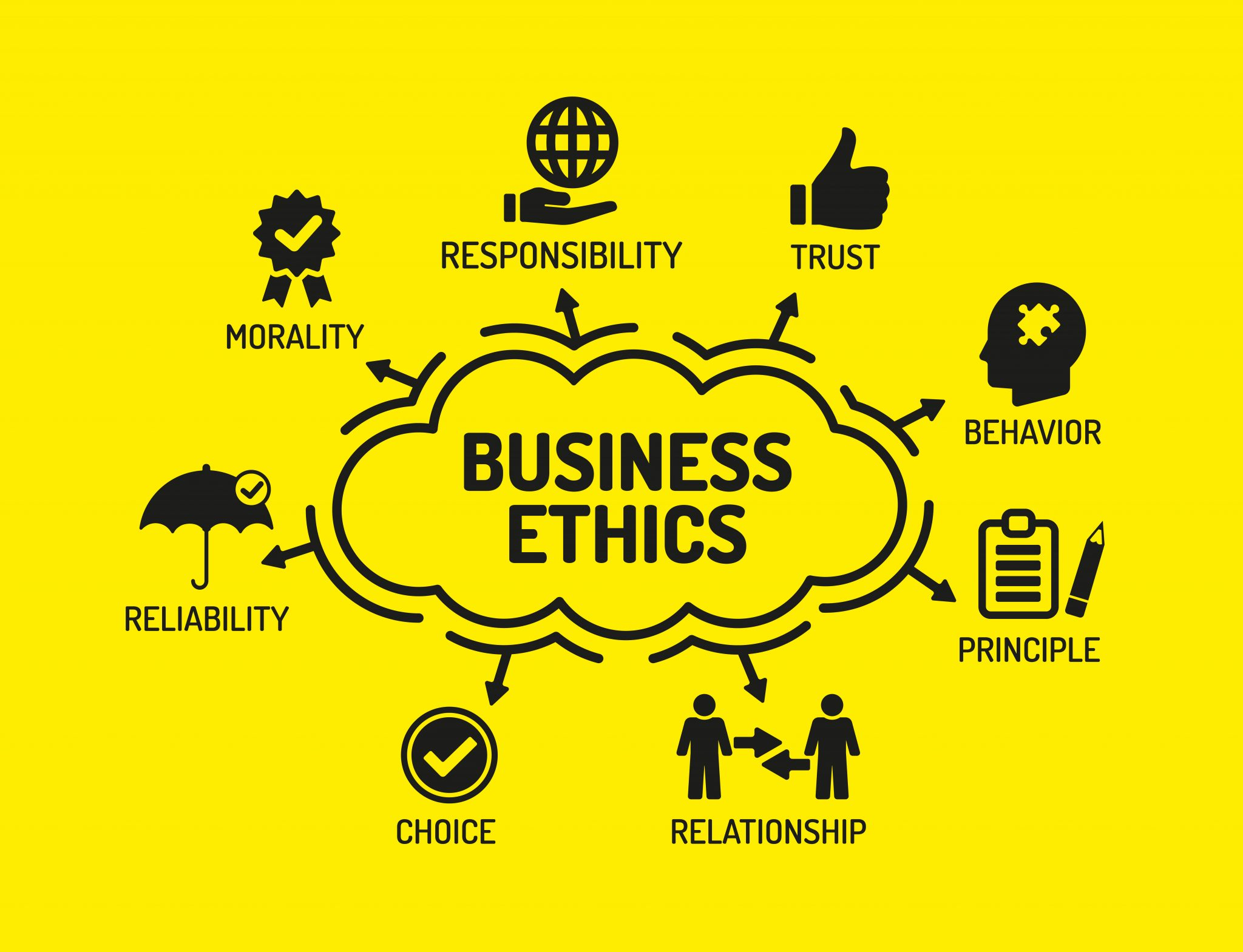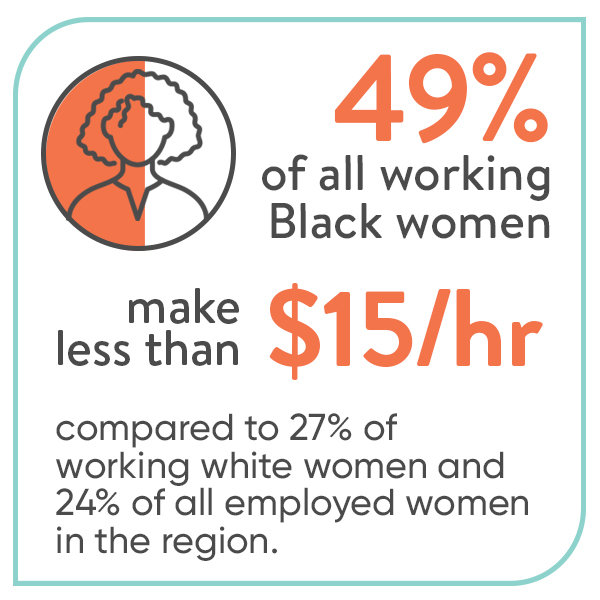Business ethics is a crucial topic that shapes the very fabric of decision making in the corporate world. With rising instances of corporate scandals and ethical breaches, understanding the principles of ethical decision making has never been more vital. Business leaders like Joseph Badaracco emphasize the need for effective decision making strategies that navigate the complex gray areas in ethics. These strategies not only foster integrity but also enhance organizational accountability and trust. As companies are more entwined with social responsibilities and global markets, adopting sound business ethics becomes an essential guiding principle for sustainable success.
Corporate ethics, often referred to as business integrity or moral business practices, encompasses the standards that guide how organizations conduct their activities. In today’s rapidly changing environment, where executive decision-making processes are under meticulous scrutiny, fostering a culture of ethical oversight is imperative. As Joseph Badaracco suggests, understanding the nuances and moral complexities – often described as the gray areas in ethics – is essential for modern leadership. The ability to recognize and navigate these complex dilemmas not only influences stakeholder confidence but also determines an organization’s long-term viability. Emphasizing ethical leadership helps in crafting robust decision-making strategies that align with societal values and expectations.
Understanding Business Ethics in Modern Decision Making
Business ethics has evolved significantly over the years, largely influenced by advances in technology, globalization, and changes in social expectations. Today, ethical decision making transcends simple compliance with laws; it encompasses a broader understanding of stakeholder responsibility. As noted by Joseph Badaracco, the shift from a top-down to a bottom-up approach in ethical consideration reflects the complexities faced by executives in defining their responsibilities. They must engage in evaluating situations pragmatically while taking into account the values and interests of various stakeholders.
Incorporating ethical decision-making strategies is crucial in navigating today’s business landscape. Executives face what are often termed as ‘gray areas,’ where the distinction between right and wrong is not always clear. Badaracco emphasizes that understanding these ethical complexities requires rigorous reflection on the implications of one’s decisions, fostering a thoughtful approach that balances personal judgment with practical considerations. This evolving landscape necessitates a nuanced understanding of ethics that can adapt to the challenges posed by technological advancements and the interconnectedness of global markets.
The Impact of Executive Decision Making on Business Ethics
Executive decision making plays a pivotal role in shaping the ethical climate within organizations. Decisions made at the top can establish benchmarks for behavior throughout the company. LSI key terms like ‘executive decision-making’ and ‘decision-making strategies’ highlight the importance of incorporating ethical considerations into every managerial choice. When executives prioritize ethical standards, they not only comply with regulations but also build trust and integrity within their teams and with external stakeholders.
Moreover, leaders such as Sam Bankman-Fried have shown how the failure to navigate ethical considerations can lead to dire consequences, including legal repercussions and loss of public trust. Business leaders need to recognize that ethical decision making is not merely an operational requirement but a strategic imperative that can safeguard the institution’s long-term viability. Understanding the implications of one’s decisions, especially in ambiguous situations, encourages leaders to align their strategies with ethical values, mitigating risks associated with unethical practices.
Navigating Gray Areas in Ethics: A Realistic Approach
In business, gray areas in ethics often arise when multiple obligations conflict or when uncertainties cloud the facts surrounding a situation. Joseph Badaracco’s insights into these challenges provide a framework for understanding how to approach such dilemmas. He suggests that executives engage with diverse perspectives and collaborate with others to extract meaningful insights about the ethical dimensions of their decisions. This process not only enriches the decision-making experience but also minimizes the risk of falling prey to cognitive biases that could skew their judgments.
Addressing gray areas requires a deep commitment to understanding not only the legal ramifications but the moral implications of one’s actions. Business ethics today demands a balance between empirical analysis and intuitive reasoning, challenging leaders to cultivate a reflective decision-making process that considers both objective facts and ethical implications. Encouraging open dialogue and a culture of reflection can help leaders navigate these murky waters more confidently, leading to more sound and responsible decisions.
The Role of Reflection in Ethical Decision Making
Reflection is a crucial aspect of ethical decision making as it allows individuals to pause and evaluate their choices critically. According to Badaracco, many successful executives engage in varying forms of reflection, whether through quiet contemplation or brainstorming sessions with trusted colleagues. This practice serves to clarify thoughts and highlight important ethical considerations that might otherwise be overlooked. By taking the time to reflect, decision-makers can better assess the implications of their actions and align them with their core values and responsibilities.
Furthermore, instilling a culture of reflection within organizations can enhance ethical outcomes. Leaders who encourage reflective practices among their teams can foster an environment where individuals feel compelled to consider the ethical dimensions of their decisions. Promoting questions like ‘What really matters?’ and ‘What are my central responsibilities?’ can facilitate deeper discussions and lead to ethical decision making that resonates with the organization’s values. In this way, reflection not only aids in personal decision-making but also contributes to stronger ethical standards across the organization.
Building Decision Making Strategies for Ethical Practices
Effective decision-making strategies are paramount in ensuring ethical practices are upheld within organizations. Joseph Badaracco advocates for a structured approach that integrates ethical considerations into the decision-making process. This involves identifying potential dilemmas, evaluating the impact on stakeholders, and considering alternative solutions that honor the organization’s ethical commitments. By establishing clear guidelines and fostering transparency, organizations can create an environment where ethical decision making is prioritized.
Moreover, crafting decision-making strategies that emphasize collaboration and input from diverse perspectives can yield more ethical outcomes. Engaging teams in the decision-making process not only democratizes decisions but also enhances accountability. By recognizing that difficult ethical choices often stem from complex situations, leaders can adopt strategies that involve critical thinking and group discussion, driving towards resolutions that respect the ethical fabric of the organization.
Learning from Ethical Failures in the Business Landscape
The business landscape is filled with lessons stemming from ethical failures, which serve as critical case studies for today’s leaders. High-profile scandals, such as those involving Elizabeth Holmes and Sam Bankman-Fried, illustrate the catastrophic consequences of ignoring ethical standards in decision making. By examining these failures, executives can identify what went wrong and how such mistakes can be prevented in their organizations. Understanding the reasons behind these ethical breaches allows leaders to better prepare themselves and their teams to navigate complex decisions with integrity.
Moreover, it’s essential to cultivate a culture of learning from both successes and failures. Organizations can benefit from establishing mechanisms for discussing ethical dilemmas openly and honestly. By holding discussions that focus on ethical challenges, companies not only highlight the importance of business ethics but also encourage employees to stay vigilant against potential ethical pitfalls. These reflective practices foster a climate where ethical decision making is valued and prioritized, ultimately contributing to a healthier organizational environment.
Influence of Technology on Ethical Decision Making
Emerging technologies have significantly disrupted conventional ethical decision making frameworks in business. Innovations such as artificial intelligence and automation introduce unique ethical challenges that necessitate a reevaluation of existing standards. As Joseph Badaracco suggests, the ethical implications of these technologies require a fresh perspective, as they blur the lines of responsibility and accountability within organizations. Leaders must consider not only the potential benefits of technology but also the ethical questions they present, ensuring that their decisions uphold the values of the organization.
Furthermore, awareness of the gray areas that technology creates becomes crucial in decision making. Executives must remain vigilant in assessing the moral implications of technologies, considering how their organizations can leverage advancements responsibly. This involves continuous education on ethical practices, keeping current with technological developments, and integrating stakeholder feedback into the technology deployment process. By prioritizing ethical considerations alongside innovation, businesses can navigate the complexities of the modern landscape more effectively.
Establishing a Culture of Ethical Awareness in Organizations
Creating a culture of ethical awareness is essential for fostering sound decision making within organizations. This involves instilling values that emphasize the importance of ethical considerations at every level of decision making. Organizations should prioritize training programs that equip employees with the knowledge and skills necessary to identify ethical dilemmas and respond responsibly. By consistent reinforcement of ethical standards, organizations can create a sense of accountability that resonates through every layer of staff.
Additionally, leadership plays a critical role in establishing this culture. When executives model ethical behavior and actively engage in ethical discussions, it sets a precedent for their teams. Sharing both dilemmas and successes can create a narrative that highlights the importance of ethics in everyday decisions. Encouraging employees to voice their concerns and facilitating open forums for discussing ethical issues can strengthen the organization’s commitment to ethical integrity, ultimately enhancing decision making throughout.
Strategies for Enhancing Ethical Leadership
Developing effective strategies for enhancing ethical leadership is vital for guiding organizations through moral complexities. Ethical leaders demonstrate their commitment to ethics by making deliberate choices that account for the broader impact their decisions may have. By adopting conversations surrounding ethical issues into regular organizational discourse, leaders can raise awareness and guide their teams toward making responsible decisions with confidence. Joseph Badaracco emphasizes the need for training programs that prepare leaders to navigate the challenging gray areas they will inevitably face.
Furthermore, enhancing ethical leadership requires ongoing self-assessment and reflection. Leaders must remain acutely aware of their biases and actively seek diverse perspectives when faced with ethical dilemmas. Engaging in peer discussions or mentorship can provide invaluable insights into potential blind spots in their decision-making processes. By cultivating an ethos of ethical reflection and collaboration, organizations can foster leaders who not only excel in their roles but also champion a culture of integrity across the organization.
Frequently Asked Questions
What role does ethical decision making play in business ethics?
Ethical decision making is vital in business ethics as it guides executives in navigating complex situations and aligning decisions with moral principles. By emphasizing responsibility and accountability, ethical decision making helps avoid legal gray areas that could jeopardize a company’s integrity and reputation.
How can Joseph Badaracco’s insights influence executive decision making in ethical dilemmas?
Joseph Badaracco’s insights encourage executives to analyze the specific circumstances of ethical dilemmas rather than relying solely on established moral theories. His approach advocates for critical reflection and practical considerations, promoting well-rounded executive decision making that factors in diverse stakeholder interests and potential ethical implications.
What are decision-making strategies to address gray areas in ethics?
Effective decision-making strategies for navigating gray areas in ethics include collaborative discussions, highlighting critical facts, evaluating risks, and seeking diverse perspectives to reduce cognitive biases. By fostering open dialogue and reflective practices, decision-makers can enhance their ability to make sound ethical choices even amidst uncertainty.
How have modern business ethics evolved in relation to ethical decision making?
Modern business ethics have evolved to focus more on situational analysis rather than purely philosophical frameworks. This transition reflects the increasing complexity of global business environments and emphasizes the importance of ethical decision making as it relates to stakeholder engagement and the implications of technology.
What are the implications of business ethics for decision makers facing legal gray areas?
Business ethics compel decision makers to tread carefully in legal gray areas, emphasizing the need for informed, responsible judgments. Understanding the ethical implications of their choices helps mitigate risks associated with potential violations and encourages a culture of integrity within organizations.
Why is it important for business leaders to reflect on their decision-making processes in ethical situations?
Reflection is crucial for business leaders because it allows them to carefully consider their responsibilities, the potential impact of their decisions, and the ethical implications involved. Engaging in this introspective process fosters better ethical decision making by helping leaders articulate what matters most in complex situations.
How can cognitive biases affect ethical decision making in business?
Cognitive biases can skew ethical decision making by leading managers to prioritize self-serving interests or overlook key ethical considerations. By acknowledging these biases and seeking input from others, professionals can enhance their decision-making processes and arrive at more balanced, ethical outcomes.
In what ways can technology influence ethical decision making in modern businesses?
Technology impacts ethical decision making by introducing new challenges, such as data privacy issues and the use of AI, which necessitate ongoing evaluation of ethical standards. Business ethics now require leaders to be proactive in assessing the ethical implications of technological advancements, ensuring responsible use aligned with company values.
How does Joseph Badaracco propose to resolve conflicts in ethical decision making?
Joseph Badaracco suggests that resolving conflicts in ethical decision making involves understanding the context in which decisions are made and weighing the responsibilities owed to various stakeholders. By focusing on critical facts and engaging in reflective thinking, decision-makers can find practical solutions that honor ethical principles.
What are the steps to take when facing ethical gray areas in business?
When facing ethical gray areas, decision-makers should first clarify the facts and context of the situation, seek insights from others to gain diverse perspectives, assess the ethical implications of possible actions, and reflect on their core responsibilities. This structured approach supports ethical decision making and helps minimize potential pitfalls.
| Key Points | Details |
|---|---|
| Recent Ethical Issues | High-profile cases like Sam Bankman-Fried and Elizabeth Holmes highlight unethical behavior in business. |
| Evolution of Business Ethics | Business ethics has shifted from applied moral philosophy to a context-driven, situation-based approach. |
| Complex Relationships | Companies are more politically active and involved with multiple stakeholders than before. |
| Decision-Making Complexity | Decision-making now requires navigating gray areas and understanding nuanced stakeholder responsibilities. |
| Role of Reflection | Effective decision-making is enhanced through reflection and careful consideration of circumstances. |
| Balancing Ethics and Practicality | Judgments are often along a spectrum; it is essential to find a balance between ethical principles and practical realities. |
Summary
Business ethics is increasingly crucial in today’s corporate landscape, especially as situations become more complex and interconnected. The need for high ethical standards is underscored by recent high-profile failures; thus, understanding and applying business ethics is essential for responsible leadership and positive organizational culture.


